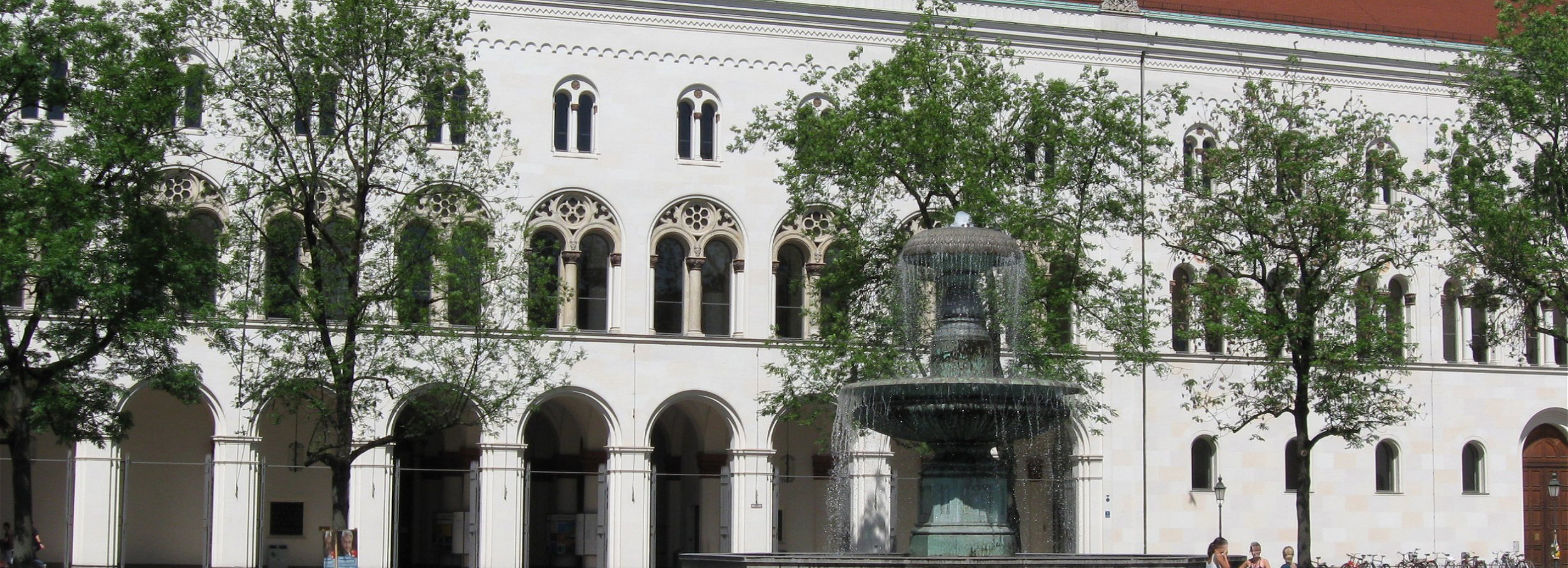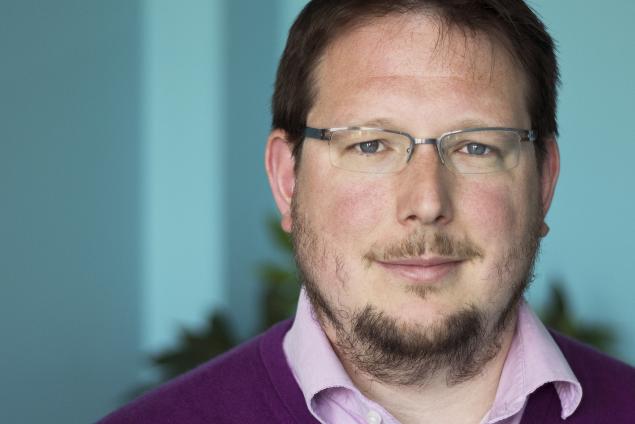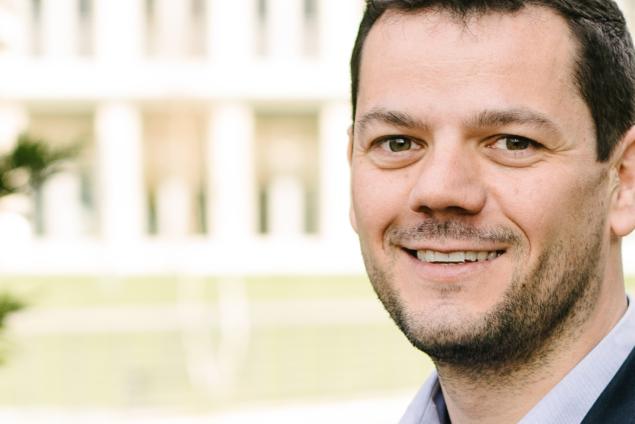Scroll to Section:
Mostly, reciprocity is seen as a positive act. It helps people to cooperate and to engage in mutually beneficial exchange. KLAUS M. SCHMIDT, however, is interested in the negative aspects of reciprocity, for instance when a decision maker is offered a gift by an interested party. His research is focused on two aspects: Why do people reciprocate? And are the remedies discussed, such as disclosure and size limits, really effective measures? As he relates in this video, his research group set up a controlled lab experiment to tackle these questions. In different treatments, varying gift sizes and disclosure, they found that most people reciprocate when given a gift (or not given a gift) but that increasing gift size or disclosure of the gift giving has little effects on the reciprocity of the decision maker. From these results, the researchers were able to propose a new theory to explain reciprocal behavior.
DOI:
https://doi.org/10.21036/LTPUB10597
Institution

Ludwig Maximilian University Munich (Ludwig-Maximilians-Universität München)
"LMU Munich is one of the leading universities in Europe. Carrying on a tradition that goes back over 500 years, LMU offers challenging study programs and provides an ideal environment for top-level research. "Introducing LMU" gives an insight into learning and teaching as well as research and life at LMU." ( Source )
Show more
Original publication
You Owe Me
American Economic Review
Published in 2017
Beyond
A Ground-breaking Scientific Revolution
An Alarming Challenge for Society



